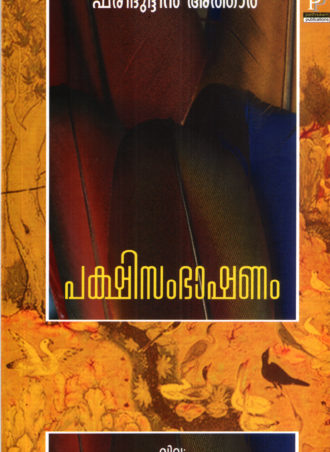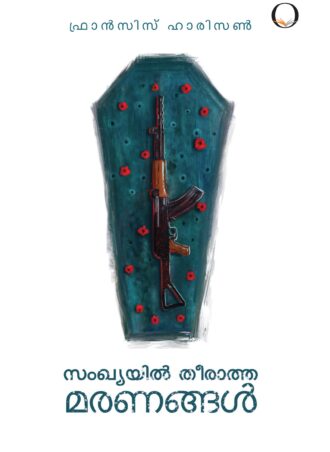Biography
Faridudhin Athar
Abū Hamīd bin Abū Bakr Ibrāhīm better known by his pen-name Farīd-ud-dīn Attār (i.e. 'Farid-ud-din the perfumer'), was a Persian poet, Sufi and Muslim theoretician. Little is known about his life and he was probably born in Nishapur, Persia, sometime in the 1140s. He died in 1220 AD.
Life:
Born in Nishapur, Iran around 1142, Attar was a prolific writer of poetry and prose. He traveled widely as a young man, visiting Egypt, Syria, Arabia, India, and Central Asia. He settled in Nishapur, where he collected the sayings and verses of famous Sufis. He died in Nishapur around 1220 during the Mongol invasion.
Works:
Attar is known for his long allegorical poem Mantiq al-Tayr (The Conference of the Birds) and his account of the lives of Sufi saints, Tazkirat el Auliya. The Conference of the Birds is a masnavi, a poetic form invented by the Persians.
Name:
Attar's name means "perfumer" or "apothecary" in Persian, which may indicate that he, his father, or his grandfather practiced that trade.
Legacy:
Attar had an immense and lasting influence on Persian poetry and Sufism.
Death:
There is controversy among scholars about the details of Attar's death. One legendary account says that Attar was taken captive by a Mongol and offered a ransom of a thousand pieces of silver to save his life. Attar advised the Mongol that he was worth much more, and when another Mongol offered a sack of straw as a ransom, Attar said, "Take it, that's what I'm worth". His captor then beheaded him.


